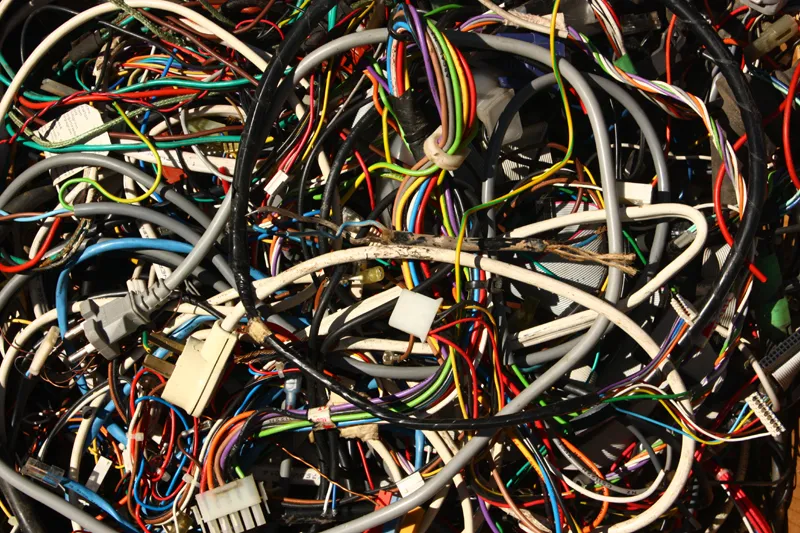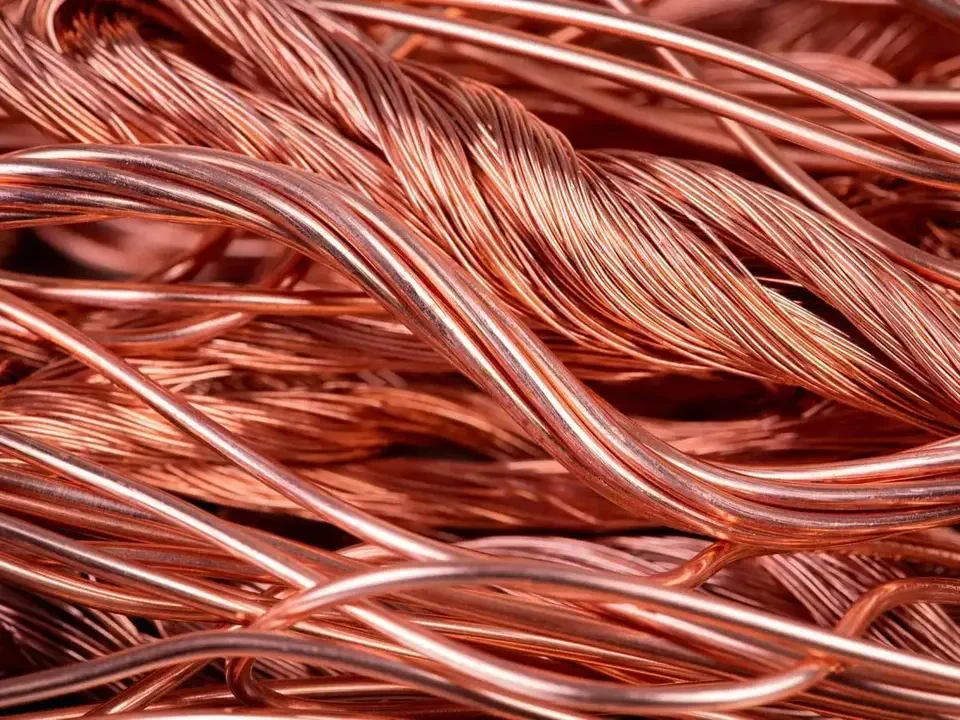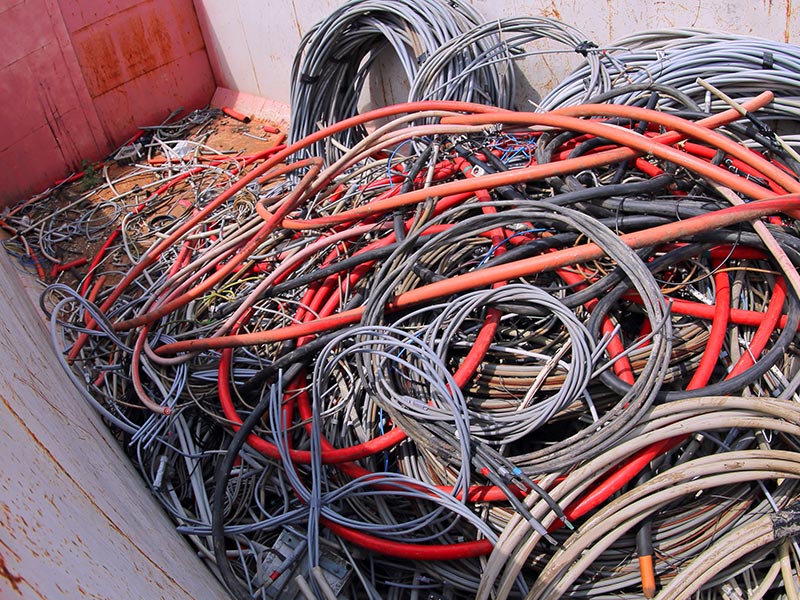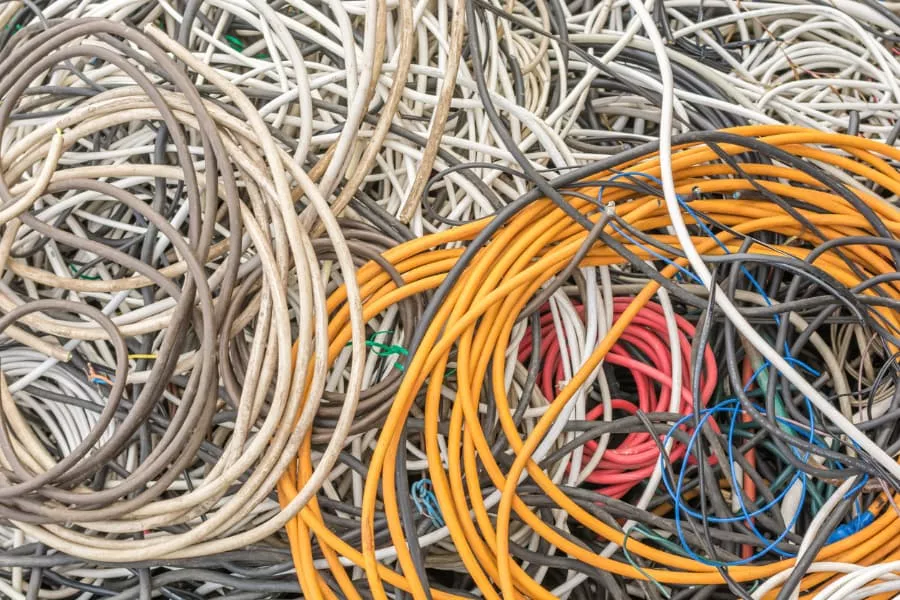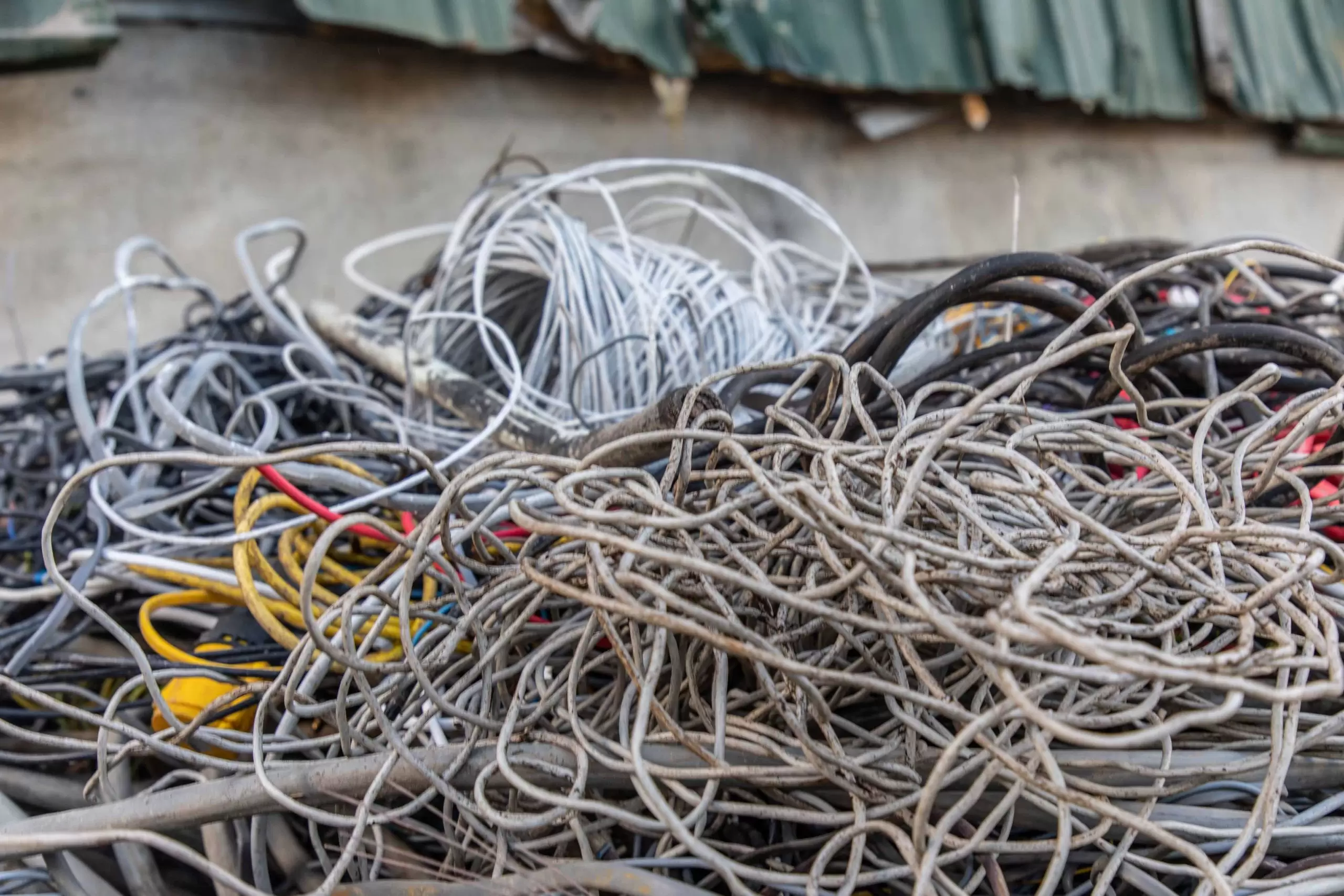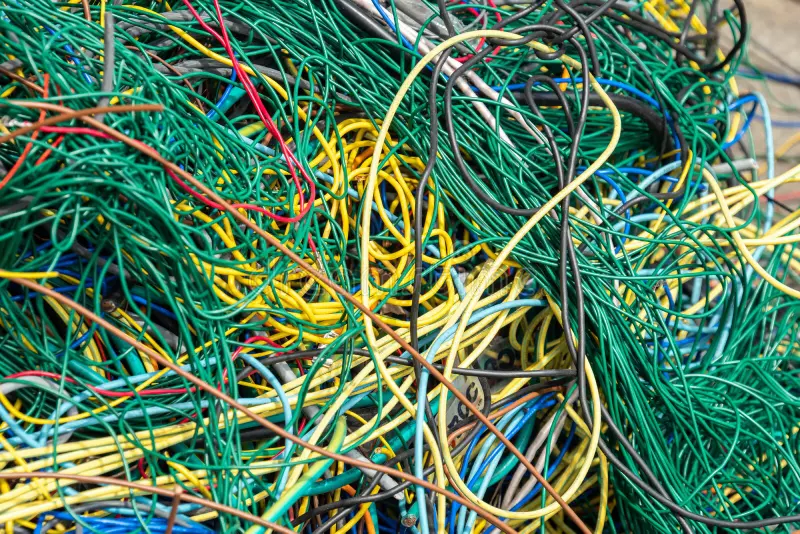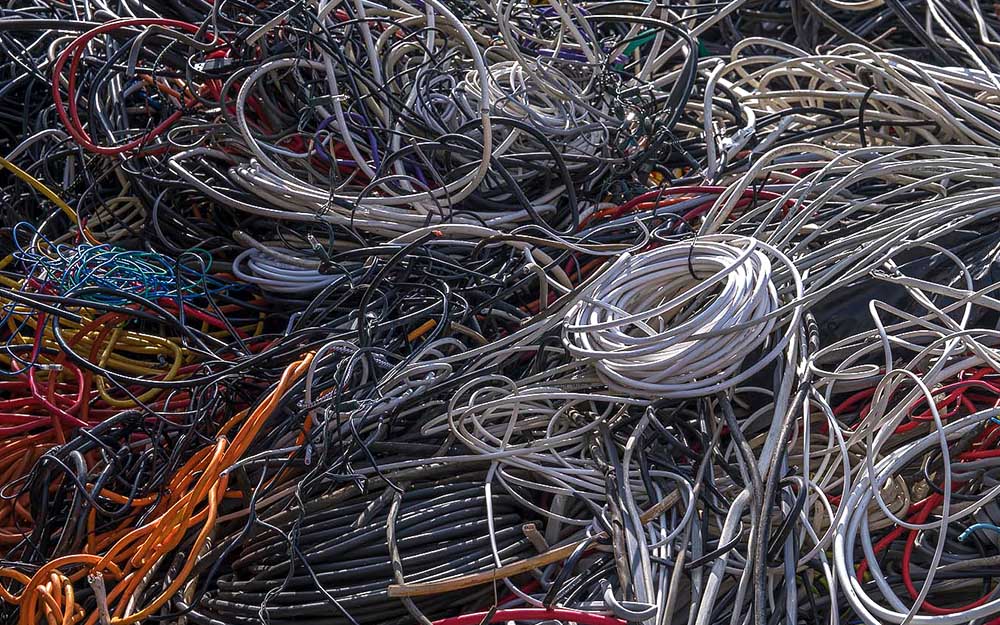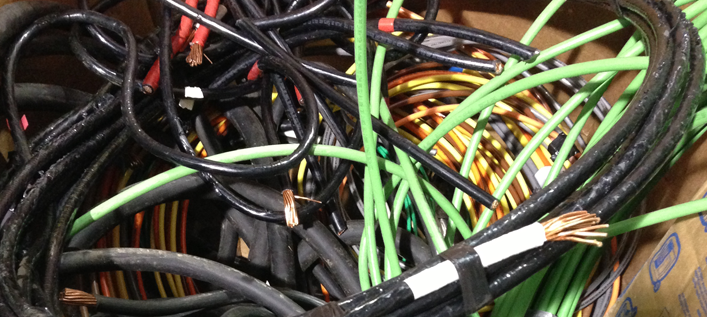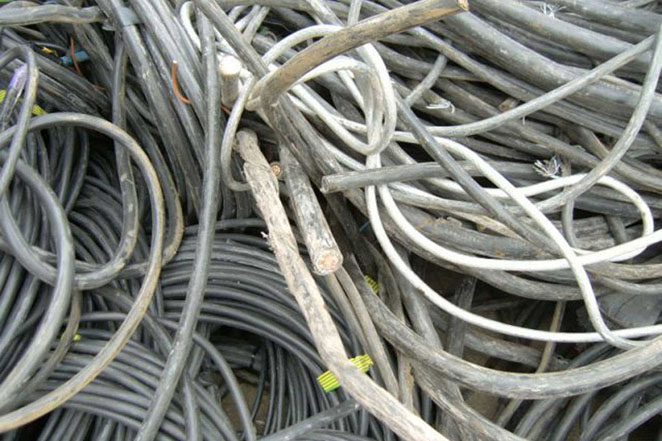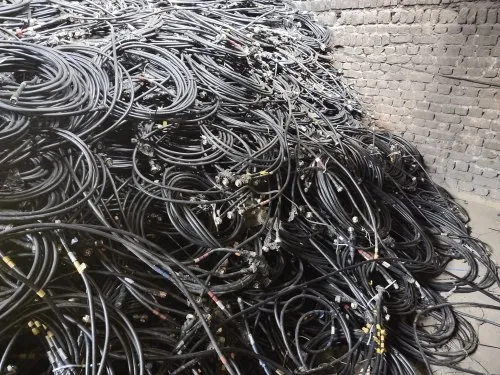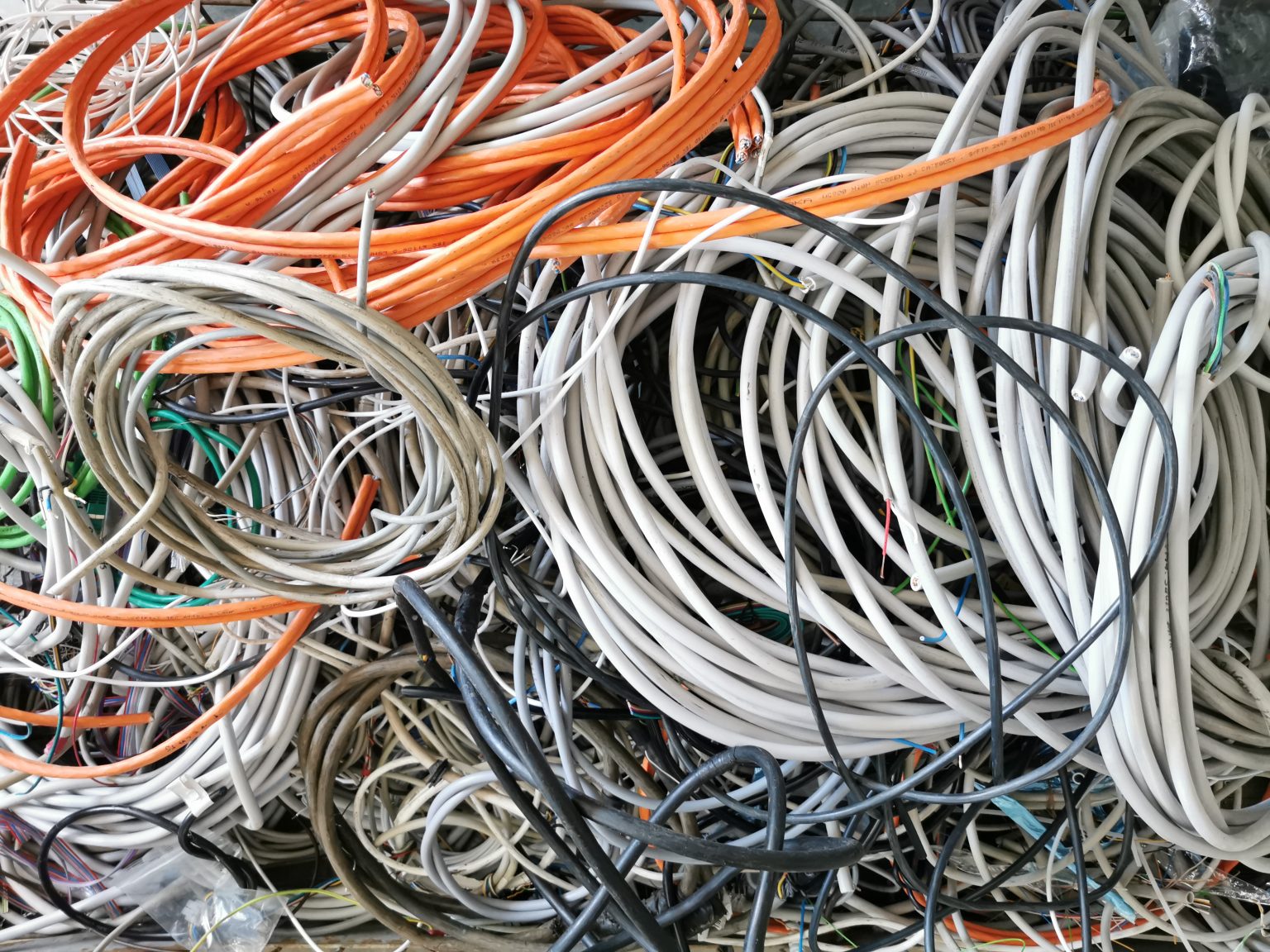Description
Cable and wire scrap represents one of the most valuable forms of recyclable materials in the metal industry. Composed primarily of copper, aluminum, and other conductive metals, discarded cables and wires can be sourced from a variety of applications, including electrical installations, telecommunications, and industrial machinery. As technology continues to advance and the demand for efficient electrical systems grows, the volume of cable scrap increases, providing ample opportunities for recycling and repurposing.
Recycling cable and wire scrap not only conserves natural resources but also significantly reduces environmental impact. The process involves stripping the insulation from the wires, separating metal content, and processing it for reuse. This not only helps to reduce the energy and raw materials needed for new metal production but also diverts waste from landfills. As global awareness of sustainability rises, the market for scrap metal, particularly copper, has become increasingly lucrative, driving both individual and corporate efforts to collect and sell wire scrap.
Moreover, the recycling of cable and wire scrap is crucial in the context of the circular economy, where materials are kept in use for as long as possible. Developing efficient recycling methods and technologies enhances the quality and value of the recycled materials, thereby fostering a more sustainable industry. As more businesses and consumers embrace recycling initiatives, the significance of cable and wire scrap will continue to grow, highlighting the importance of responsible waste management and resource conservation in our modern economy.
In conclusion, cable and wire scrap serves as a critical resource in both the recycling sector and the larger metal production industry. With the increasing need for sustainable practices and resource efficiency, proper management and recycling of these materials can lead to significant environmental and economic benefits. Encouraging responsible disposal methods and raising awareness about the value of scrap materials can play a pivotal role in fostering a greener, more sustainable future.

